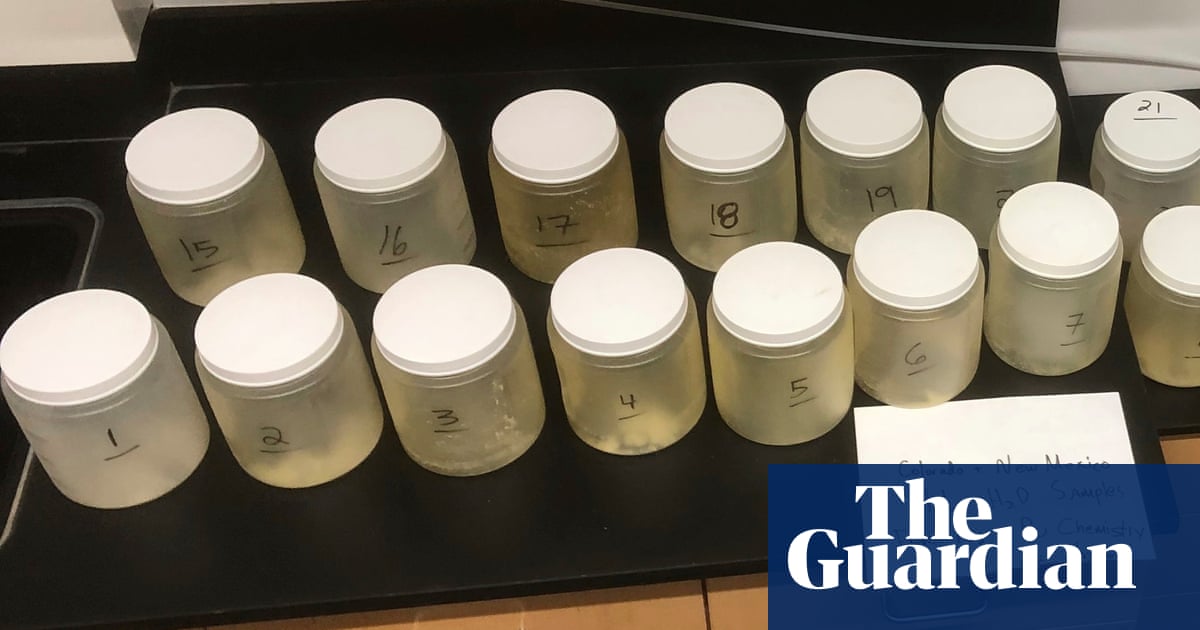Much of the land near the atomic bomb’s birthplace was converted to recreational areas, but toxic waste remains
Soil, plants and water along popular recreation spots near Los Alamos, New Mexico, the birthplace of the atomic bomb, are contaminated with “extreme concentrations” of plutonium, a new study has found, but calls for the federal government to act have been dismissed.
Michael Ketterer, a Northern Arizona University scientist and lead researcher on the project, said the plutonium levels in and around New Mexico’s Acid Canyon were among the highest he had ever seen in a publicly accessible area in the US during his decades-long career – comparable to what is found in Ukraine at the site of the Chornobyl nuclear disaster.
The radioactive isotopes are “hiding in plain sight”, Ketterer said.



As a tangent, I hate the way reporting often lists the longest half lives, ignoring that fact that the longer the half life of an isotope is, the less dangerous it is. Highly radioactive isotopes are highly radioactive because they have short half lives.
If you think Pu238 with its half-life of 90 years is scary, check out Fe60 with its half-life of 2.6 million years. That must be super scary!
/s
I’m aware that everything with a higher atomic weight than iron wants to be iron.